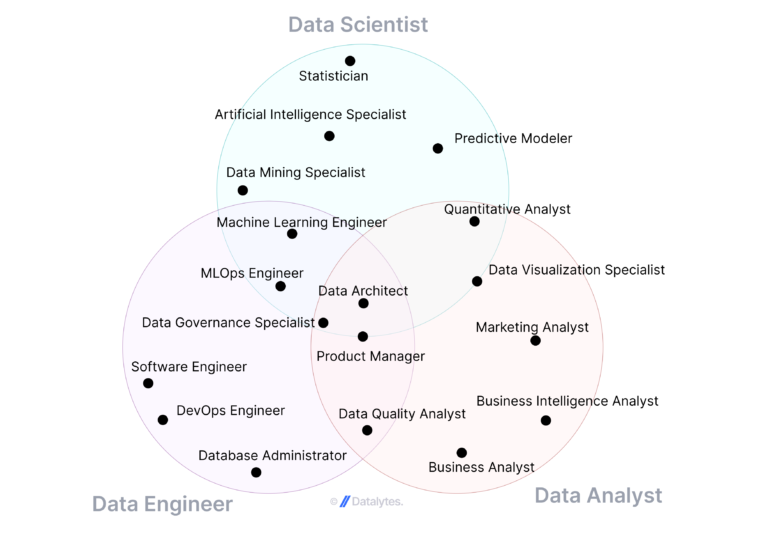Even as a battle-hardened professional with years of experience under your belt, it isn’t always easy to look for your next role. This guide is aimed at improving employability for experienced hires for any number of years.
When you’ve spent, say, 15 years at one company, making the move to a new one, for whatever your reason, can sometimes be a daunting experience. It will definitely be a step outside your comfort zone, but it does not have to be a nerve-wracking experience.
Let’s go through some of the things that you can do to transform your presence and profile and land the new role that you’ve always wanted.
Your Professional Network
The most obvious one you’ll hear from your peers is to ask your professional network to refer you to a job. If this doesn’t always work, read on.
Your professional network isn’t only good for getting your foot in the door of anther company, they can also be your points of reference.
Never be afraid to contact an old acquaintance or someone you’ve spent good time and built good rapport with, even if you’ve not connected with them in years. Chances are, they’ll be happy to hear from you again and may even be looking for someone just like you!
Thought Leadership
Publishing content online is a great way to demonstrate your thought leadership in your subject matter. If you’ve got the confidence to make your own YouTube channel or video log, kudos! Keep it going!
Otherwise, writing guest posts on blogs are also an excellent way to improve your visibility and profile. You can write on Medium, TowardsDataScience or you can even guest post on Datalytes, where your potential employers can peruse your works directly just before making the decision to hire you.
Certifications
It’s a hit and miss topic. Experience trumps theory at most situations in life. But this should not stop you from boosting your credentials by gathering certificates from the cloud platforms, (AWS, Microsoft Azure, Google Cloud Platform).
You can also use Coursera or Udacity to learn new skills and earn certificates at the same time.
Some would even consider going back to university for Masters degrees or even investing in a PhD. This is not for everyone, and something that you should decide carefully if you want to commit to in terms of finances, time investment and opportunity costs.
Understanding Your New Job
While it may not be possible to know every suitable job available to you at any given point in time, it’s good to know some of the things that employers look out for when selecting candidates.
In this article here [[What do employers look for with experienced hires]], we explore how a good candidate could tailor their profile to make it a no-brainer for an employer to hire you when you have the right skills to match.
Curriculum Vitae
Last but not least, polish your CV! [[How Do I Optimise My CV for a Data Science Job]]
Everyone needs a good CV to showcase and highlight the best moments of their career. A CV sums up your years of experience into 1-2 pages. That’s not an easy summary to make, and employers often easily dismiss all of that based on the two pages.
That’s why it’s more important than ever to ensure you’ve distilled the most impressive parts of your career.
That’s it!
Once you’ve nailed down all of the above, just keep applying to jobs, or if you’d like to, let us help you match your abilities to your dream job.



